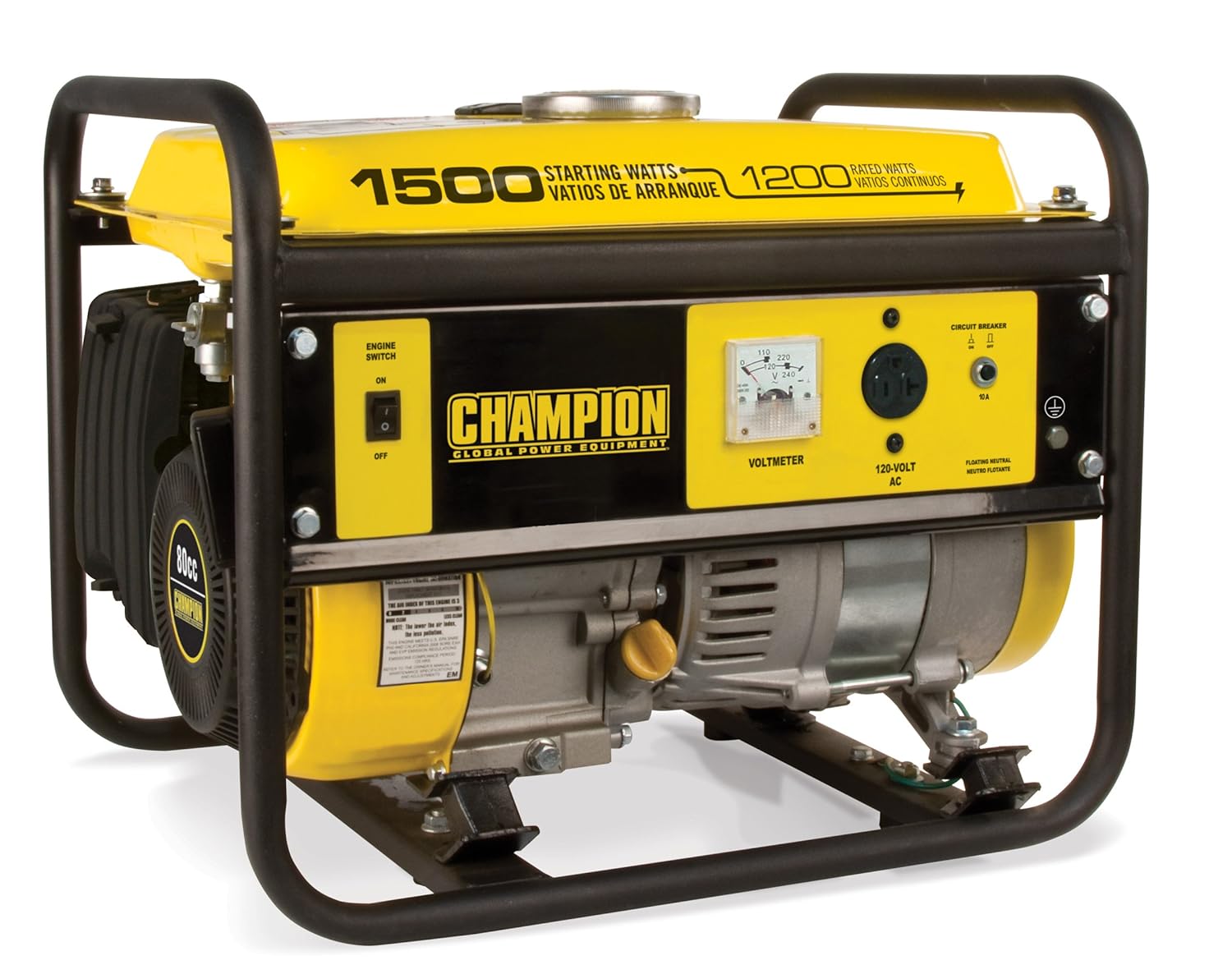Tips for Generator Safety
 Generator safety is easy to overlook. So easy in fact, that it seemed to us a good idea to post on it – just to get everybody’s attention.
Generator safety is easy to overlook. So easy in fact, that it seemed to us a good idea to post on it – just to get everybody’s attention.
Generators can be convenient when the power goes out in any area, but in the more secluded areas of the globe – a generator can mean the difference between life and death.
Of course we know that generators offer us safety against the elements, but we don’t want to overlook the hazards caused by the generators themselves. Thus we will take a look into the fascinating world of generator safety. Come with us…
Proper Use
The first rule of generator safety: Never, EVER use a generator indoors. Generators run on gasoline or perhaps propane, both of which emit toxic fumes. In an enclosed area, these fumes can be deadly. This warning includes running a generator in your garage, especially with the door shut. Generators need plenty of ventilation to run safely.
Overloading
Overloading – in terms of generator safety, refers to running your generator beyond its rated capacity – not how many appliances you plug into an outlet. Both are bad practices and should be avoided, but where your generator is concerned – you may be putting lives in danger, as opposed to simply blowing a fuse.
Too many devices plugged into an outlet might overload an outlet, but an overloaded generator affects the entire generator – and might damage every piece of electronics attached to it. Moreover, the generator itself could overheat – and since it runs on gas, you need to be careful to avoid this possibility.
Be safe. Take no chances – and if there is any question at all about adding a load to your generator, then don’t add it – period!
Location, location, location…
Generator safety suggests that you don't want your generator operating next to your doors and windows. Generator fumes drifting into baby’s nursery or into your toddler’s room will not result in a pretty picture. Even if you manage to evade the fumes, the noise will surely get you. Think about location before you install your generator, and get expert advice to discuss your best options.
Connect Your Generator Properly
Some tasks make excellent do it yourself projects. You can save loads of money, and the learning experience is invaluable. However, electricity is nothing to play about with, unless you REALLY know what you are doing.
We cannot think of a bigger violation to generator safety than some hobbyist holding a screwdriver in one hand and a do-it-yourself instruction book in the other. That’s like removing a gall bladder by the numbers – with no regard for the years of experience that the surgeon brings to the operating table.
Small portable generators will likely be self-contained, and your biggest headache is to guard against overloading. For a permanent unit though, it is best to have an electrician to install the unit for you.
Whether your generator is portable or permanent, you must keep the tenements of generator safety in mind. Stay on guard against old plugs, frayed cords or shorting sockets. If you see sparks of any kind in, on or about the generator, shut down and get professional help. Remember, fire and gas don’t mix well. A tiny spark could destroy the beautiful home that cost you a lifetime of work to build. Let’s be safe – as opposed to sorry.
Store Your Generator Properly
Unless you live remote to urban life, you will likely not use your generator all the time. During the off-season, you will want to store your generator away safely. A bit of work is involved, as this means draining the fuel or at least adding a special additive to the fuel that will keep it fresh during the months of non-use. If you have kids, you will want to make sure that they cannot get into the generator site, or that the generator is locked against their use.
You also want to buy a cover of some type to keep away the insects and to prevent dust from building up around the unit. Dust will burn when you restart the generator – and well – we already know not to mix fuel with fire.
Conclusion
Having a generator as an emergency backup during a power outage is a great idea, and of course, it is a necessity for some people who don’t have access to city power. These units are as safe as any other appliance when used with generator safety in mind. Below, we added a few references to good information on portable and permanent generator safety, and we hope you will take a moment to look at them.
If you still need more information, feel free to google up some more resources of your own. Just to fix you up properly, here are a couple of generators that we reviewed several weeks ago. We hope you will find them as useful as we.
Until next time, we urge you to…
Shop Smart & Proper!
ADDITIONAL GENERATOR REVIEW AT SINCERE PRODUCT REVIEWS:
ADDITIONAL INFORMATION ON GENERATOR SAFETY:
Sincere Product Reviews
Main Site: http://sincereproductreviews.com/
Shopping Center: http://sincereproductreviews.com/products/
No comments:
Post a Comment